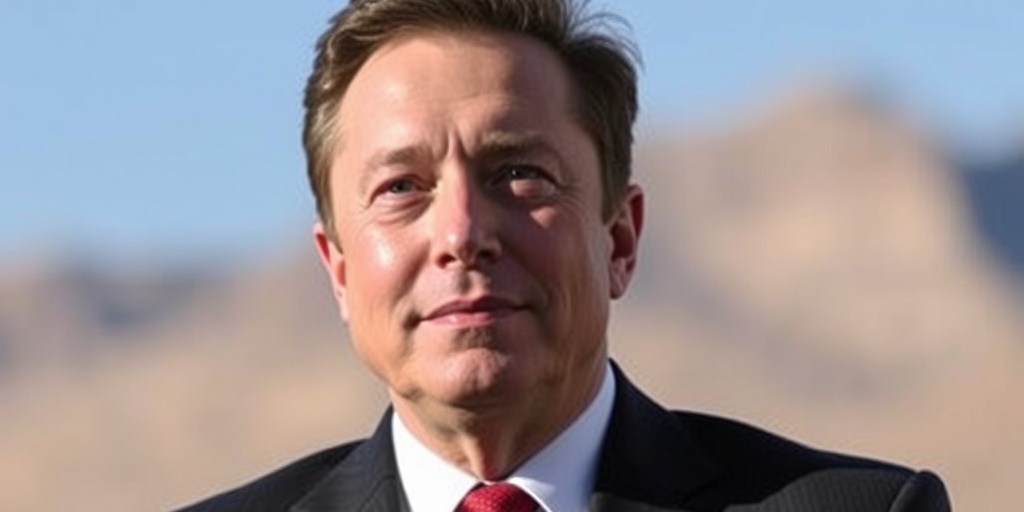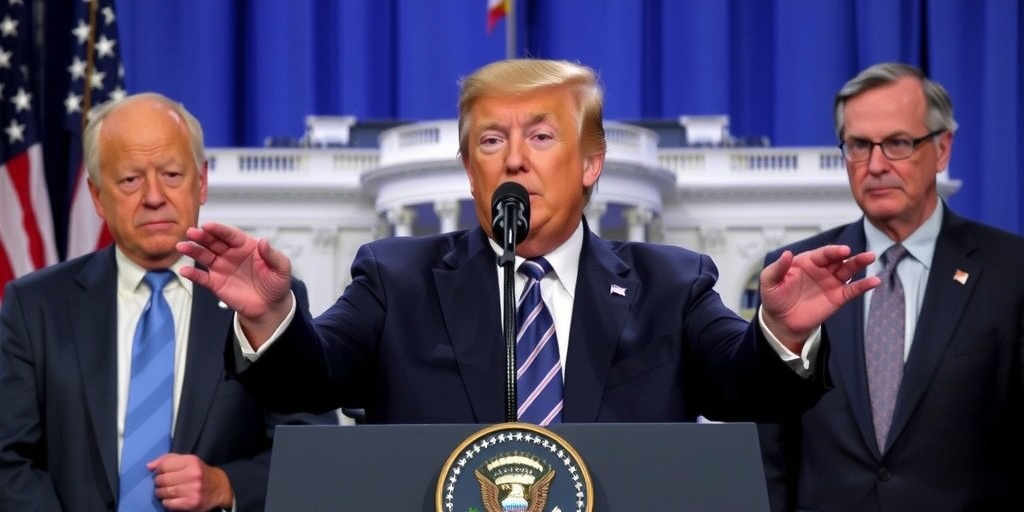Now Reading: Musk Misleads Again on Social Security Fraud
-
01
Musk Misleads Again on Social Security Fraud
Musk Misleads Again on Social Security Fraud

Elon Musk’s Misleading Claims About Social Security Fraud: A Closer Look
Elon Musk, the billionaire entrepreneur and CEO of multiple companies, has been vocal in his criticisms of various government programs, particularly Social Security. Recently, during a campaign event in Wisconsin aimed at influencing local judicial races, Musk made controversial statements regarding the prevalence of fraud within the Social Security Administration (SSA). His comments have raised eyebrows and prompted fact-checkers to examine the accuracy of his claims, particularly his assertion that a staggering 40 percent of calls to the SSA are fraudulent.
Musk’s discourse included allegations that dead individuals and unauthorized immigrants were receiving benefits, accusations echoed in various public forums. At the Wisconsin event, he claimed, “One interesting statistic was that 40 percent of the calls into Social Security were fraudulent, meaning that it was someone trying to get a Social Security payment that was going to a senior instead to go to a fraud ring.” However, this statement is misleading and reflects a misunderstanding of the statistics involved.
The Social Security Administration has acknowledged that about 40 percent of direct deposit fraud, which is just one specific type of fraud, can be traced back to calls made to the agency. It’s crucial to clarify that this figure does not imply that 40 percent of all incoming calls to the SSA are fraudulent in nature. In fact, the SSA handles between 50 million and 60 million calls annually, which encompass a variety of inquiries including requests for information, status checks on claims, and procedures for obtaining identification or government forms. It is clear that the vast majority of these calls are legitimate and driven by the need for assistance with Social Security-related queries.
The lack of data regarding the exact percentage of incoming calls that are related to fraudulent activity complicates Musk’s assertions. While fraud is a concern, the evidence does not support the claim that 40 percent of calls result in fraudulent rerouting of benefits. The SSA recently addressed this issue, confirming that the 40 percent statistic specifically pertains to direct deposit fraud linked with callers attempting to change banking information.
To enhance security, the SSA has noted that beneficiaries will now be required to undertake additional measures, such as visiting an office in person or using two-factor authentication, to make changes to their bank information. This adjustment highlights the agency’s recognition of the increasing sophistication of fraud schemes and its commitment to safeguarding beneficiaries’ assets.
In terms of actual fraud cases, the SSA has not published a definitive total; however, the Office of the Inspector General for the SSA reported in a 2012 audit that it had received approximately 19,000 reports of suspicious direct deposit changes over a nearly year-long timeframe. An investigation into these reports found that about 25 percent of the changes were made via the SSA’s automated telephone service, indicating a need for better security measures. Moreover, the acting commissioner of the SSA recently estimated that total direct deposit fraud, across all sources and methods, costs around $100 million annually, though specific case numbers were not detailed.
For context, it’s essential to recognize that the overwhelming majority of Social Security benefits are indeed paid through direct deposit, with total payments exceeding $1.5 trillion last year. Thus, the estimated $100 million attributed to fraud constitutes a minimal fraction—approximately 0.003 percent—of the overall benefit disbursements made by the SSA.
Musk’s attempts to spotlight perceived inefficiencies and fraud within government programs are part of a broader agenda he has championed through his Department of Government Efficiency. However, his portrayal of the Social Security program not only misleads the public but also risks undermining trust in an essential safety net for millions of Americans. Given the impact of misinformation, it remains crucial for stakeholders, including policymakers and the public, to ground discussions about Social Security in factual and accurate representations of its operations and challenges.
As the debate over federal spending and entitlement programs continues, the accuracy of claims made by influential figures should be scrutinized closely to foster informed discussions that promote accountability without resorting to sensationalism.
Stay Informed With the Latest & Most Important News
Previous Post
Next Post
-
 01New technology breakthrough has everyone talking right now
01New technology breakthrough has everyone talking right now -
 02Unbelievable life hack everyone needs to try today
02Unbelievable life hack everyone needs to try today -
 03Fascinating discovery found buried deep beneath the ocean
03Fascinating discovery found buried deep beneath the ocean -
 04Man invents genius device that solves everyday problems
04Man invents genius device that solves everyday problems -
 05Shocking discovery that changes what we know forever
05Shocking discovery that changes what we know forever -
 06Internet goes wild over celebrity’s unexpected fashion choice
06Internet goes wild over celebrity’s unexpected fashion choice -
 07Rare animal sighting stuns scientists and wildlife lovers
07Rare animal sighting stuns scientists and wildlife lovers





















